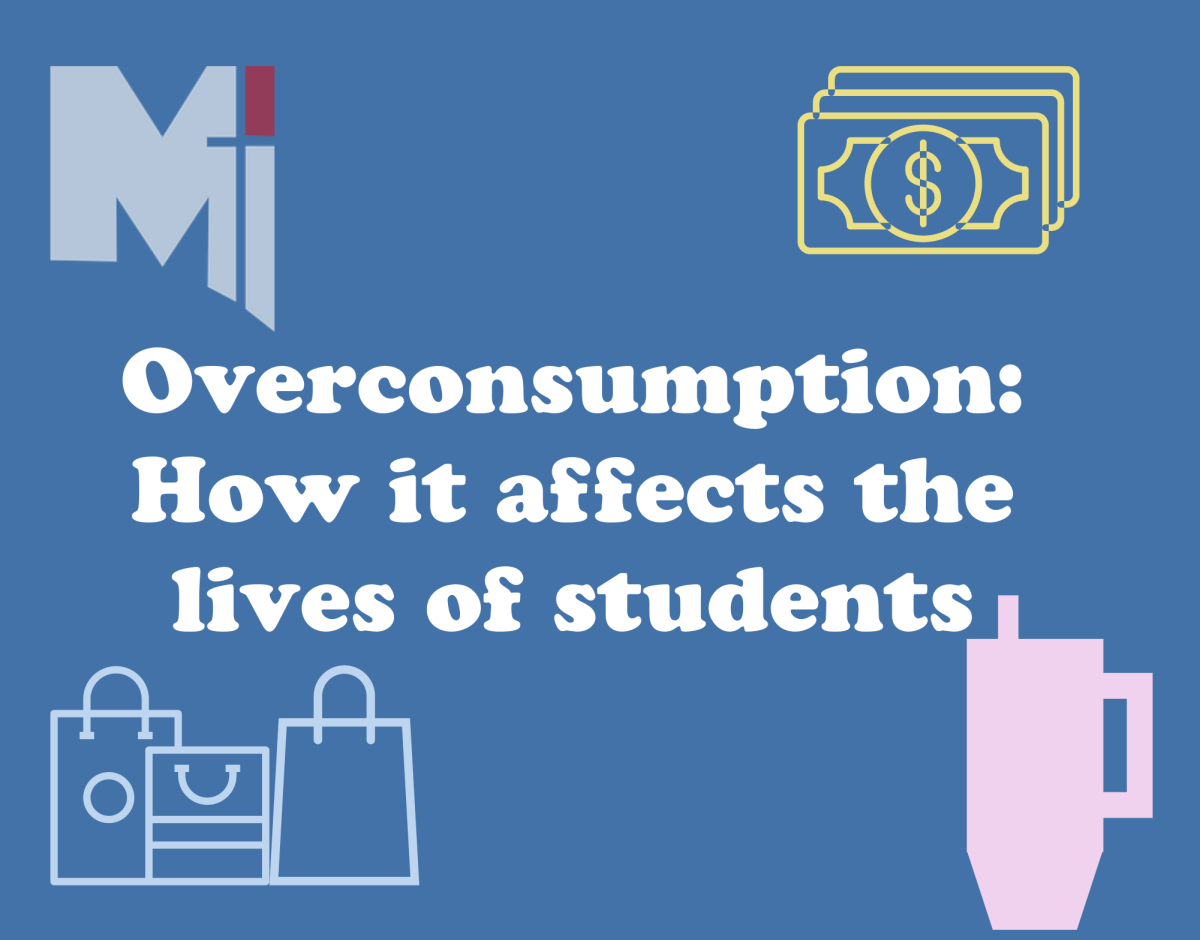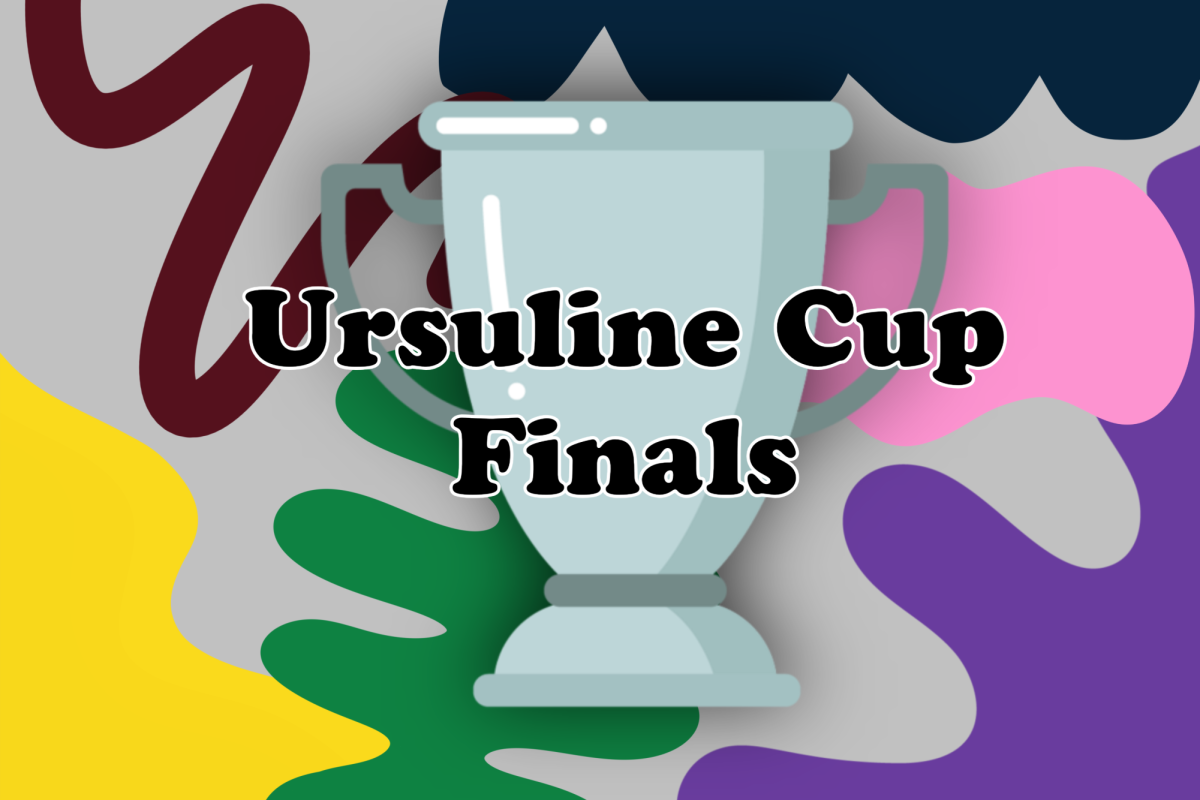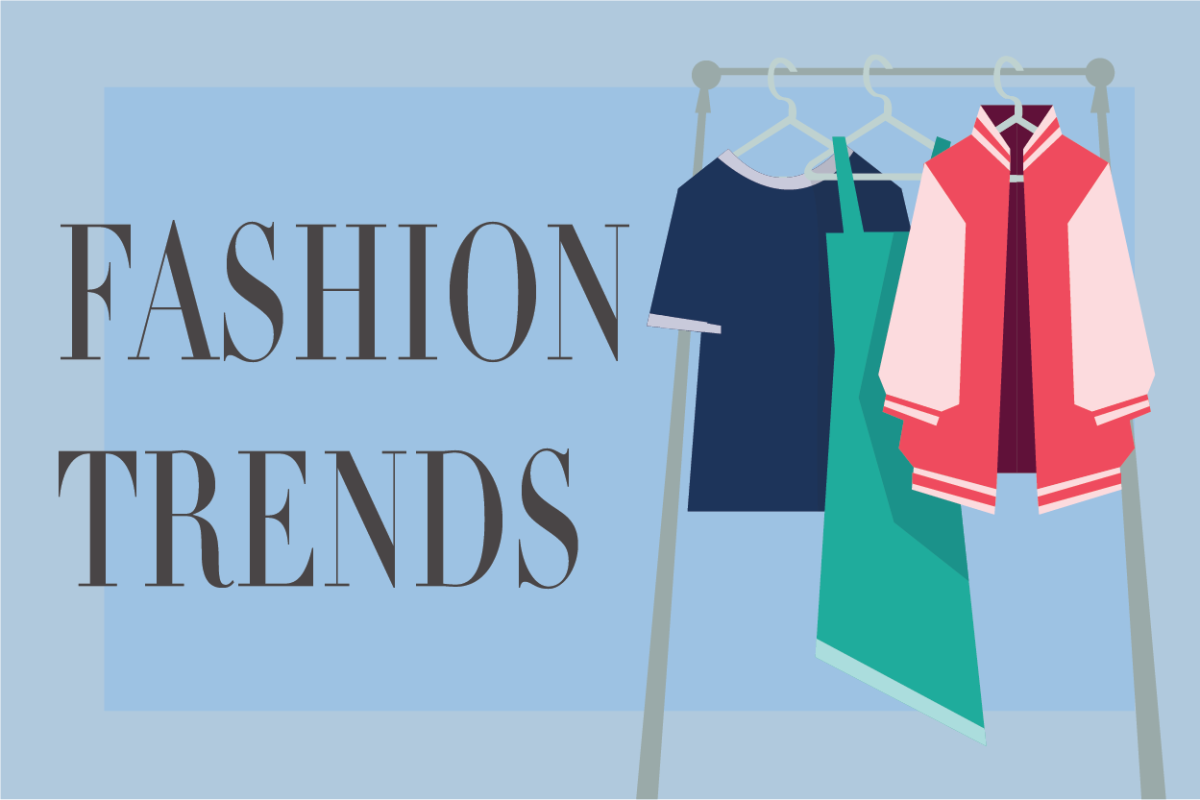As the final major holidays wrap up I look around my room at all the gifts and different items I have acquired over the last few months. I sip out of my Stanley water bottle under the 300th blanket I have received while I browse for a show to watch on all of the streaming platforms, still discontent. I work two days a week making at most $150, saving it all up to blow it on one trip to Target. As someone who doesn’t have a college fund, has to pay for gas and has a serious shopping addiction, I wonder if saving my money and not spending it on gross consumeristic products, as society has made acceptable, is even in the cards for me.
According to Grand View Research, the industry value of reusable water bottles was $9.28 billion in 2023 and is expected to grow more than four percent by 2030. I ponder the sad truth that a simple water bottle has become not only a form of waste but a status symbol along the way. The different colors, handles, lids and sizes make the variations endless. At first, the Hydro Flask took over a generation, then the Stanley made a grand and long appearance, and now Owalas are making their way into the shopping carts of thirsty masses.
Another interesting thought is that these overpriced items are often targeted towards women and young girls trying to achieve a specific aesthetic. Unlike other eras of clothing in the past, specific to a whole decade, style today is made up of micro trends lasting at best a few months and at worst two weeks. The popularization of minuscule items, such as bows, make their way onto clothing, accessories and hair. What this leads to is the harmful atrocity called fast fashion that is ruining not only our wallets but our earth as well.
The U.S. Bank reported that personal consumption in the United States equated to 68% of the nation’s gross domestic product in 2023. With so much money being spent on random objects, one might not even need, I dare say how much is being spent on things that matter.
The mass production of items being bought and sold in America leaves no room in our homes for all the stuff. This is causing our landfills to be full, as citizens produce 30% of the world’s waste. I understand the United States was built on the notion that you should get everything you want and strive to make your life as grand and carefree as possible, but I resent the fact that businesses are only looking for ways to profit off individuals with no regard to its effects.
From the Earth’s warming to unanimous discontent over the fact people will never have enough possessions, the world is in need of change to get us out of this bleak state. Living a more minimal lifestyle can save a lot of financial stress in the future, as well as positively impact the environment. I have realized always saying yes to the momentary happiness of spending money will not get me far in the future, and focusing on bigger goals financially gives me much more gratification in the end. I have made changes to break my spending habits and urge others to do the same in order to save our hard-earned cash and the planet.


















